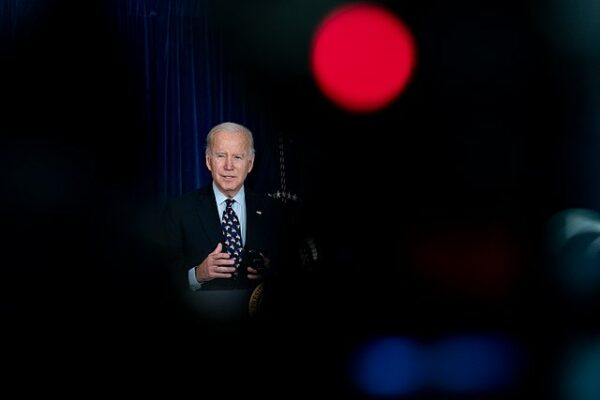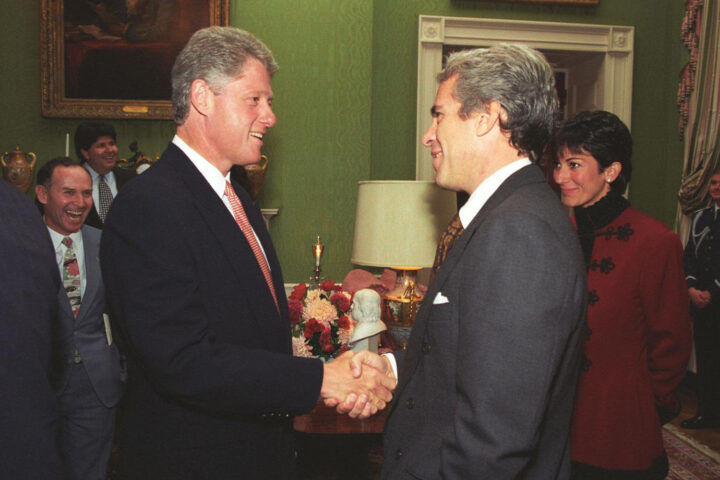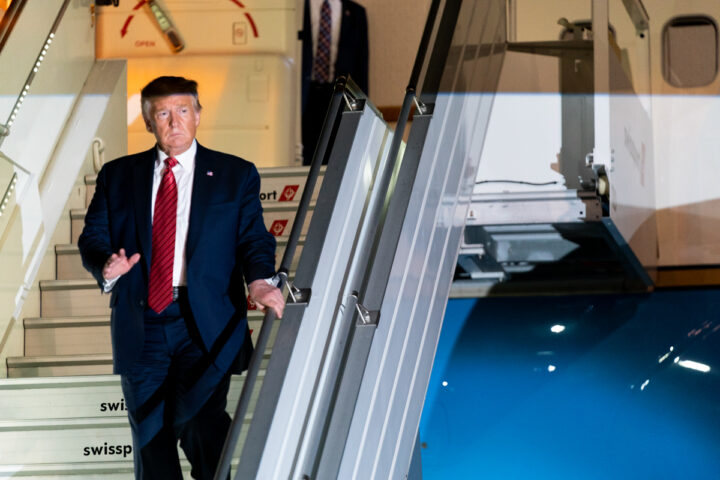Markets reportedly reacted positively to a December inflation data indicating a reduction in underlying price pressures; nevertheless, the Federal Reserve is unlikely to lower interest rates in the near future due to President-elect Donald Trump’s economic objectives.
The consumer price index increased by 2.9% annually, according to the Labor Department’s report on Wednesday. The index increased by 0.4% compared to the prior month, propelled by a 4.4% surge in gas costs.
The core CPI, which omits fluctuating food and energy costs, increased by 0.2%, marking its weakest rise since July and falling short of the 0.3% increase anticipated by economists.
However, the data lack sufficient significance to alter the Federal Reserve officials’ strategy of maintaining stable interest rates as they anticipate the implementation of tariffs, tax reductions, and immigration enforcement that Trump has pledged to enact.
The Federal Reserve convenes in two weeks and has clearly indicated its intention to pause rate reductions.
Wednesday’s figures underscore a difficult year for U.S. policymakers eager to proclaim success in combating the elevated inflation that ensued after the Covid-19 outbreak.
The report exemplified investors’ enthusiasm over figures that were not as detrimental as anticipated, rather than being unequivocally positive.
Overall inflation continues to significantly exceed the Federal Reserve’s 2% target.
Stocks surged, with all three major U.S. stock indexes achieving their most significant gains since the post-election rally on November 6. The S&P 500 and the Dow Jones Industrial Average increased by 1.7% or more. The Nasdaq Composite increased by 2.5%.
The news comes in the final days of the Biden administration, right before president elect Trump takes office once again.
Trump’s advisors have said that their strategies to alleviate regulations and enhance energy output may counterbalance the impact of increased goods prices.
In December, Federal Reserve officials elevated their median inflation forecast for the conclusion of 2025, utilizing the comprehensive price index, to 2.5%, up from a prior projection of 2.1% in September.
Furthermore, robust employment data for November and December have alleviated any residual apprehension among Federal Reserve officials regarding the potential economic risks associated with their comparatively elevated main interest rate.
The steadiness, along with inconsistent advancements in inflation, has obscured the forecast for forthcoming rate reductions.
[READ MORE: Tech Mogul Heaps Praise on Trump Ahead of Inauguration]








